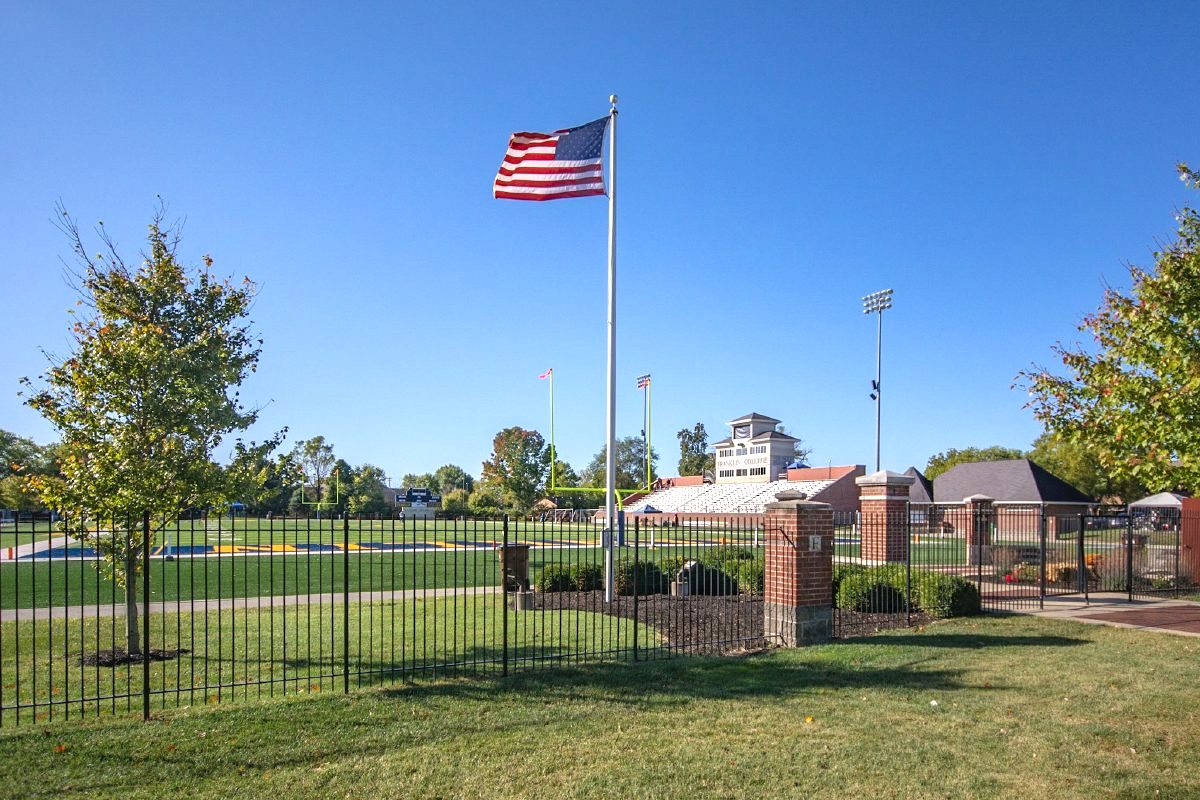<p>With America failing spectacularly in its efforts to contain the coronavirus, dominoes are again beginning to fall across the national sports landscape.</p><p>On Monday, one of them landed in Johnson County.</p><p>The Heartland Collegiate Athletic Conference, which includes Franklin College, announced in a morning press release that all of the fall sports considered "high risk" — football, men’s and women’s soccer and women’s volleyball — will be pushing their 2020-21 seasons to the spring.</p><p>Cross country, golf and tennis will continue as planned for the time being. The Great Lakes Valley Conference, a Division II league that includes the University of Indianapolis, announced similar plans Monday.</p><p>Franklin College athletic director Andy Hendricks said that discussions about the fate of HCAC fall sports had been ongoing for months, and a number of recent events helped shape the conference’s decision.</p><p>"We just saw the writing on the wall," Hendricks said. "Other conferences had already been making moves, and with the new NCAA guidelines that came down, quite frankly, that was a major precipitant for this level of decision-making — especially the high-risk category sports."</p><p>The teams moving competition to the spring, the HCAC said, will "use the fall as their non-traditional season," with practices and scrimmages being held as they would ordinarily be for those teams in the spring.</p><p>Hendricks believes that change could be particularly beneficial for the Grizzlies in football, where first-year coach Alan Hensell was facing the prospect of heading into the season without having had the normal spring acclimation period earlier this year.</p><p>While the postponement of football would potentially create revenue issues at local high schools, Hendricks says that ticket income is not as critical to Franklin College’s financial well-being. The bigger issue for the school, he notes, is making sure academic infrastructure is sound so that enrollment doesn’t drop significantly.</p><p>"Revenue-wise, all schools in our conference are always concerned about retention," Hendricks said. "Athletics play such a vital role in the enrollment at our institutions that we want to put the resources in the right place and support these student-athletes so that we’ve got a spring to come back to and play."</p><p>The fact that at least some fall teams are still planning to move forward as originally scheduled should serve as a beacon of hope.</p><p>"We’re looking at this as a very optimistic move, that we still get to offer these athletes a season," Hendricks stated. "We’re not just cancelling it all and throwing up our arms and saying, ‘Sorry, it’s over.’"</p>
Nobody covers Johnson County and the surrounding areas like the Daily Journal.
30 S. Water St., Second floor, Suite A, Franklin, IN 46131
Phone: (317) 736-7101
Toll free: (888) 736-7101
All text, photos, graphics, artwork and other material on this site are copyrighted and may not be published, broadcast, rewritten or redistributed without permission.
Contact us: [email protected]
© Copyright AIM Media Indiana, LLC





